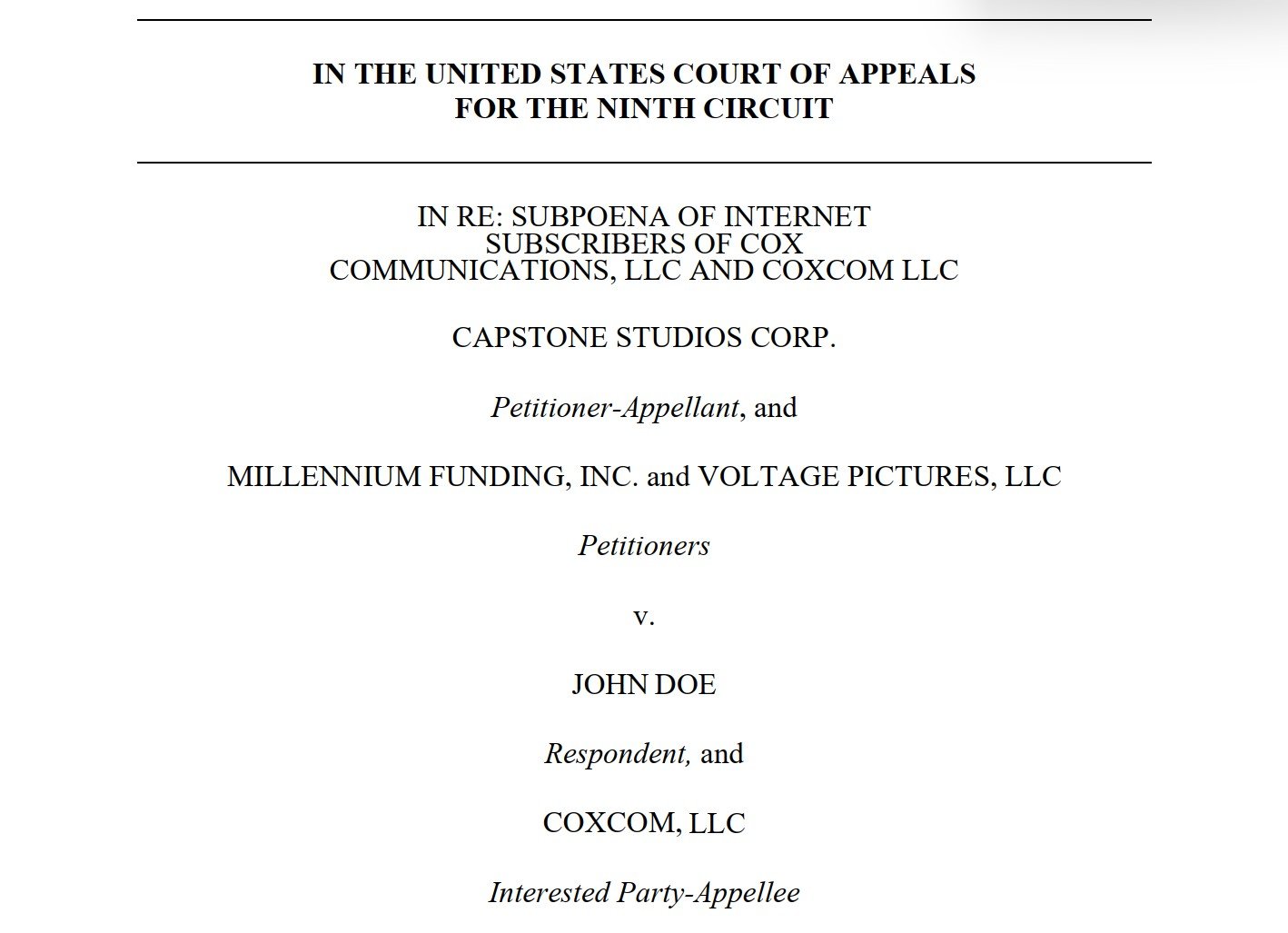-
chevron_right
Feds Shut Down Pirate Sports Streaming Service 247TVStream, Indict Operators
news.movim.eu / TorrentFreak • 21 November, 2024 • 3 minutes
 In recent years, rightsholders of major sports events have repeatedly complained that piracy of live sports is getting out of hand.
In recent years, rightsholders of major sports events have repeatedly complained that piracy of live sports is getting out of hand.
Increasingly, lawmakers and law enforcement were asked to help out. This week, these calls were heard.
247TVStream Shutdown and Indictment
The Department of Justice for the Eastern District of New York announced that it had effectively shut down a major pirate IPTV streaming operation, 247TVStream. The service was allegedly owned and operated by two brothers, Noor Nabi Chowdhury and Mohammad Mahmudur Rahman.
Chowdhury, who’s a New York resident, was arrested on Tuesday and arraigned in the New York court on the same day. His brother Rahman allegedly resides in Bangladesh and remains at large.
The men were charged with four counts; conspiracy to provide to the public an illicit digital transmission service, providing an illicit digital transmission service; conspiracy to commit wire fraud; and aggravated identity theft.
1000+ Channels
247TVStream was a subscription streaming service that offered illegal access to live television and sports programming. The service had over 1,000 television channels and was specifically targeted at sports fans.
These pirated channels could be viewed via dedicated devices or Android and iOS apps such as the ‘247 IPTV Player’, for streaming on the go.
“247tvstream.com is a place where sports fans can watch live sports online around the world with an alternative way from the comfort of their PC/Laptop/Smartphone/Tablets or SmartTV,” the service explained in its FAQ.
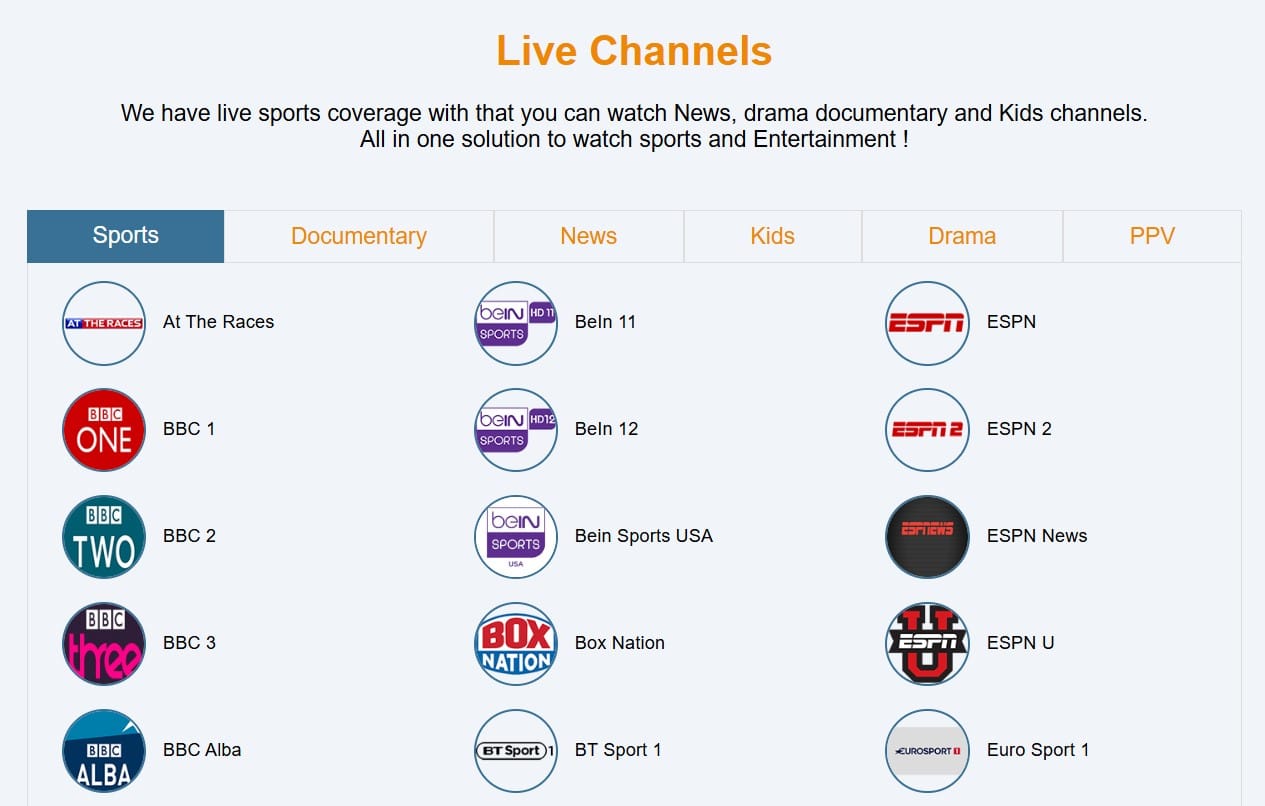
$7 Million in Subscription Fees
The authorities say that the service had been in operation since May 2017 and caused more than $100 million in damages to copyright holders. The pirate service itself also generated substantial revenues during this time; over $7 million in subscriber fees according to the indictment.
These revenues, typically $10 per month, partially went through payment processors which were presumably unaware of the nature of the business. The operators also made efforts to conceal their true identities through shell companies and false documents.
“To conceal the true nature of 247TVStream, Chowdhury and Rahman falsely described, and caused to be falsely described, the nature of 247TVStream and the identity of its owners on applications to the Merchant Processors,” the indictment reads.
Working with Dutch and UK law enforcement agencies, authorities seized the servers that hosted 247TVStream’s illegal content. They also seized the domain names tvschedule24.com and 247tvstream.com, which now display a banner announcing the seizure.

“The domain has been seized by the U.S. Department of Homeland Security, Homeland Security Investigations in accordance with a seizure warrant issued pursuant to 18 U.S.C. §§ 981, 982, 1030, and 2323 by the United States District Court for the Eastern District of New York,” it reads.
Multi-Year Prison Sentences
Commenting on the news, United States Attorney for the Eastern District of New York, Breon Peace, thanked Canadian, Dutch, and UK partners for their cooperation. He is pleased with the outcome thus far.
“My Office and the Department of Justice are committed to protecting the rights of intellectual property holders from digital pirates like these defendants,” Peace notes.
After his arraignment on Tuesday, Chowdhury was released from custody with the bond set at $25,000. Rahman has yet to be apprehended.
The brothers could face decades behind bars if convicted on all charges. The penalties for their alleged crimes include a maximum of 20 years for wire fraud, five years for conspiracy related to the illegal streaming service, and a mandatory two-year sentence for identity theft, all of which could be served consecutively.
—-
A copy of the indictment, released by the Department of Justice for the Eastern District of New York, is available here (pdf)
From: TF , for the latest news on copyright battles, piracy and more.

 In September,
In September,
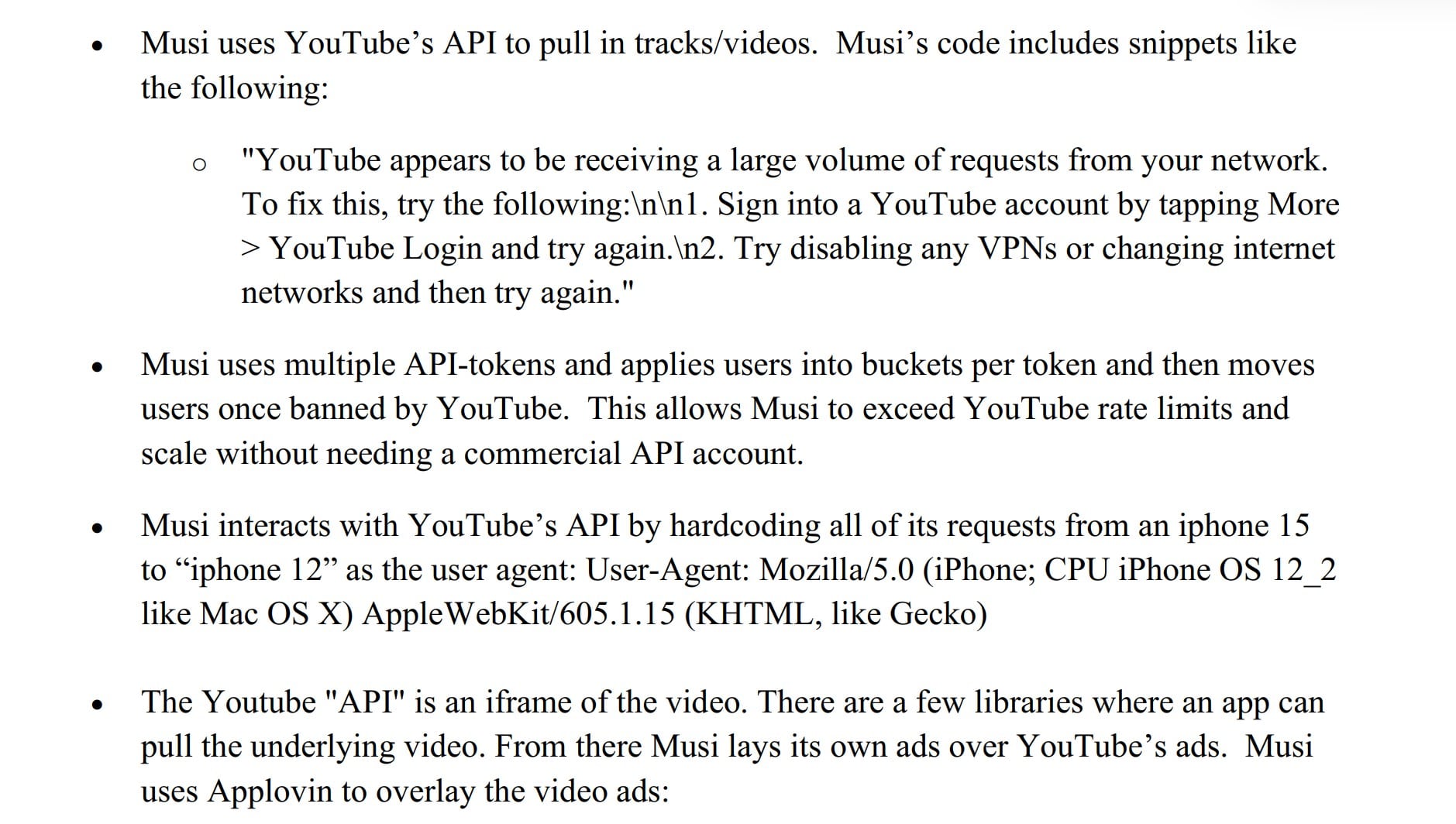

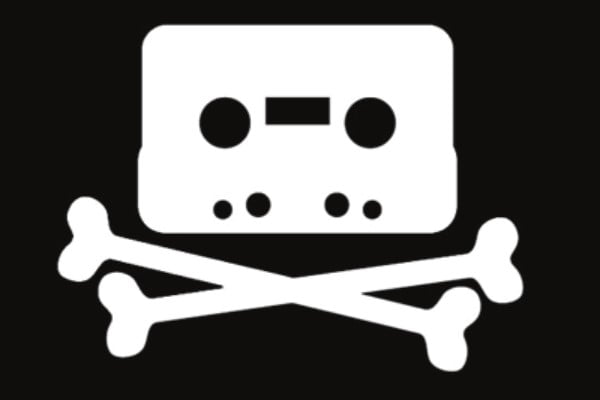 Under U.S. copyright law, Internet providers must terminate the accounts of repeat infringers “in appropriate circumstances”.
Under U.S. copyright law, Internet providers must terminate the accounts of repeat infringers “in appropriate circumstances”.
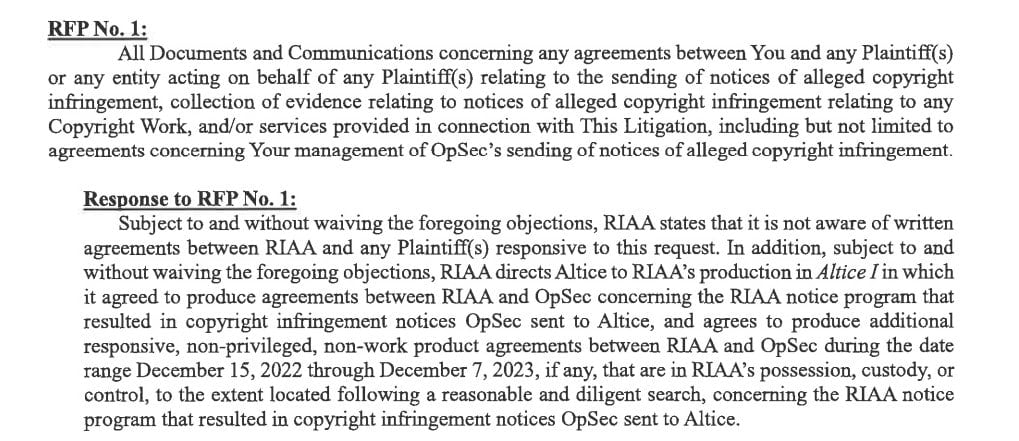

 After eight years of unprecedented uptime and reliability, the collapse and eventual demise of pirate streaming giant FMovies looked much like the demise of any other.
After eight years of unprecedented uptime and reliability, the collapse and eventual demise of pirate streaming giant FMovies looked much like the demise of any other.




 In late 2022, several of the world’s largest music companies including UMG, Warner and Sony Music prevailed in
In late 2022, several of the world’s largest music companies including UMG, Warner and Sony Music prevailed in
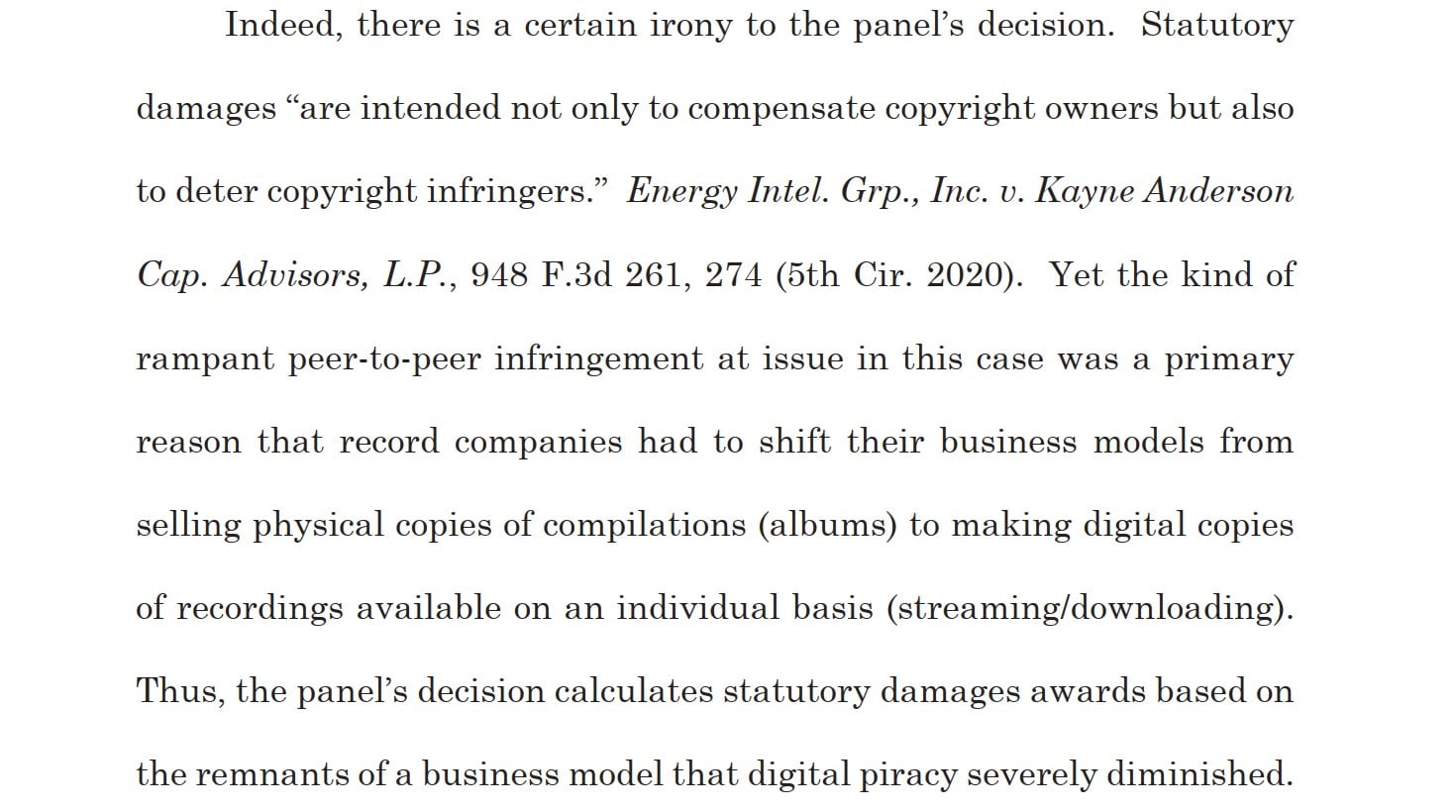
 The potential consequences of being associated with any aspect of a pirate IPTV operation are well known. Criminal action rarely ends well for defendants, with similar outcomes seen in private prosecutions and most civil copyright lawsuits.
The potential consequences of being associated with any aspect of a pirate IPTV operation are well known. Criminal action rarely ends well for defendants, with similar outcomes seen in private prosecutions and most civil copyright lawsuits.
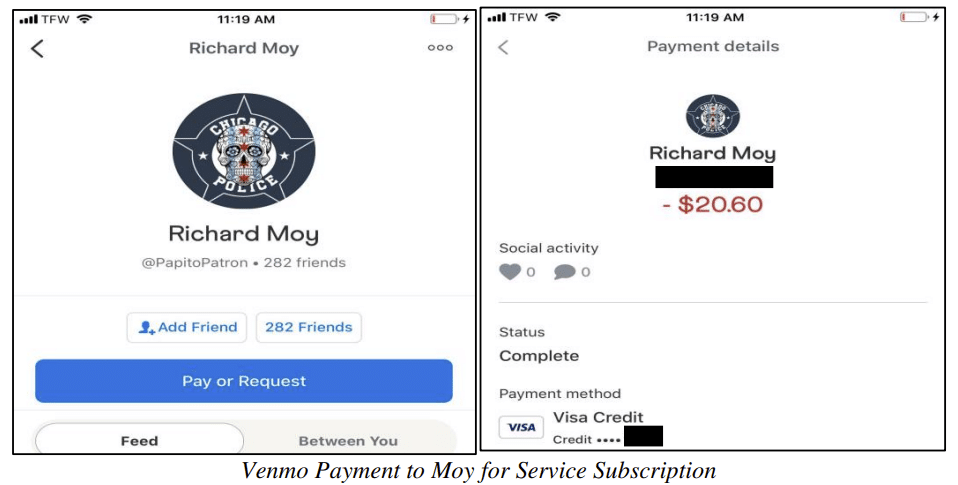
 Tracking BitTorrent pirates isn’t all that hard since IP addresses are openly broadcasted. With help from Internet providers, these addresses can then be linked to account holders.
Tracking BitTorrent pirates isn’t all that hard since IP addresses are openly broadcasted. With help from Internet providers, these addresses can then be linked to account holders.
